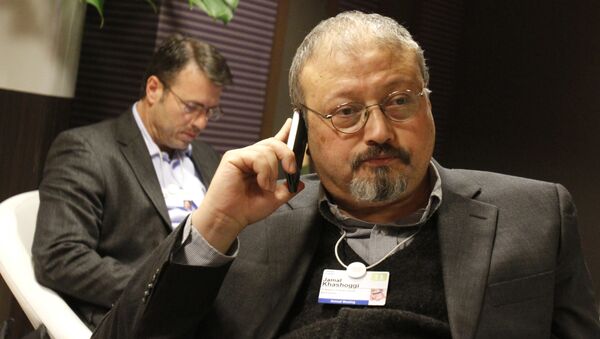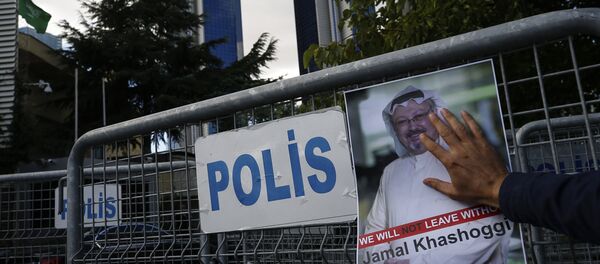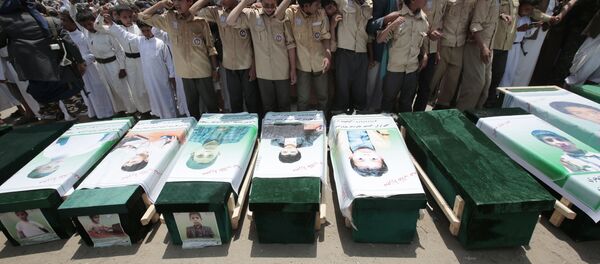Citing people familiar with the matter, the Post reported that the CIA arrived at its conclusion after examining a variety of evidence, including a phone call between Khashoggi and the Crown Prince's brother, Khalid, who is also the Saudi Ambassador to the United States. It was he who told the journalist he must go to Istanbul to obtain the necessary paperwork to marry his Turkish fiancee. When Khashoggi arrived at the Saudi consulate in Istanbul on October 2, he never left.
Among the other evidence considered was the infamous recording of Khashoggi's final moments that Turkish President Recep Tayyip Erdogan boasted of having, proving the journalist was dead long before the Saudi government would admit it. The recording came from a listening device placed in the embassy by Turkish intelligence, the recording of which they gave to CIA Director Gina Haspel.
In addition, a phone call was made after the killing by Maher Mutreb, believed to be a member of the hit squad, to Saud Al-Qahtani, one of Mohammad bin Salman's top advisers, to inform him the deed had been done. The CIA obtained a recording of that call.
Meanwhile, a source familiar with the matter told Reuters that CIA had briefed other parts of US government on its assessment that Crown Prince ordered Khashogg's killing.
On Thursday, the US Treasury introduced sanctions of 17 Saudi nationals implicated in the journalist's slaying: 15 believed to have formed the hit squad, plus Qahtani and his number 2.
"The accepted position is that there is no way this happened without him being aware or involved," a source told the paper.
A spokesperson for the Saudi Embassy in Washington, DC, dismissed the CIA's conclusions as "false."
"We have and continue to hear various theories without seeing the primary basis for these speculations," said spokesperson Fatimah Beshen, denying that Khalid and Khashoggi ever discussed Istanbul in their phone call.
While the CIA's findings correlate with those made by Ankara, they clash not only with those made by Riyadh but also the Trump administration's own position on the issue. On Thursday, US State Department spokesperson Heather Nauert told reporters the US wasn't ready to make a determination on the narrative for Khashoggi's assassination.
As we told the Washington Post the last contact I had with Mr. Khashoggi was via text on Oct 26 2017. I never talked to him by phone and certainly never suggested he go to Turkey for any reason. I ask the US government to release any information regarding this claim.
— Khalid bin Salman خالد بن سلمان (@kbsalsaud) November 16, 2018
"We continue to get the information, and we will analyze and make determinations as we get additional information," Nauert said, Sputnik reported.
The Saudi government has characterized Khashoggi's death as a rogue operation and detained 21 suspects, charging 11 of them. Many of the names overlap with those sanctioned by the US Treasury. The Saudi chief prosecutor reported that Khashoggi died when he was jumped in the consulate, "forcibly restrained, and injected with a large amount of a drug resulting in an overdose that led to his death."
Khashoggi hailed from Riyadh but was of Turkish extraction. He was the nephew of Adnan Khashoggi, a playboy billionaire and major arms dealer who once appeared on Lifestyles of the Rich and Famous and sold a yacht to Donald Trump and was implicated in the Iran-Contra Affair. Jamal was a member of the Muslim Brotherhood in the 1970s and became critical of the Saudi government after its crackdown on the Brotherhood following the Arab Spring uprisings in 2011. He fled the country in 2017 as he became increasingly critical of the Saudi government's war in Yemen. Among the publications he contributed to was the Washington Post.




